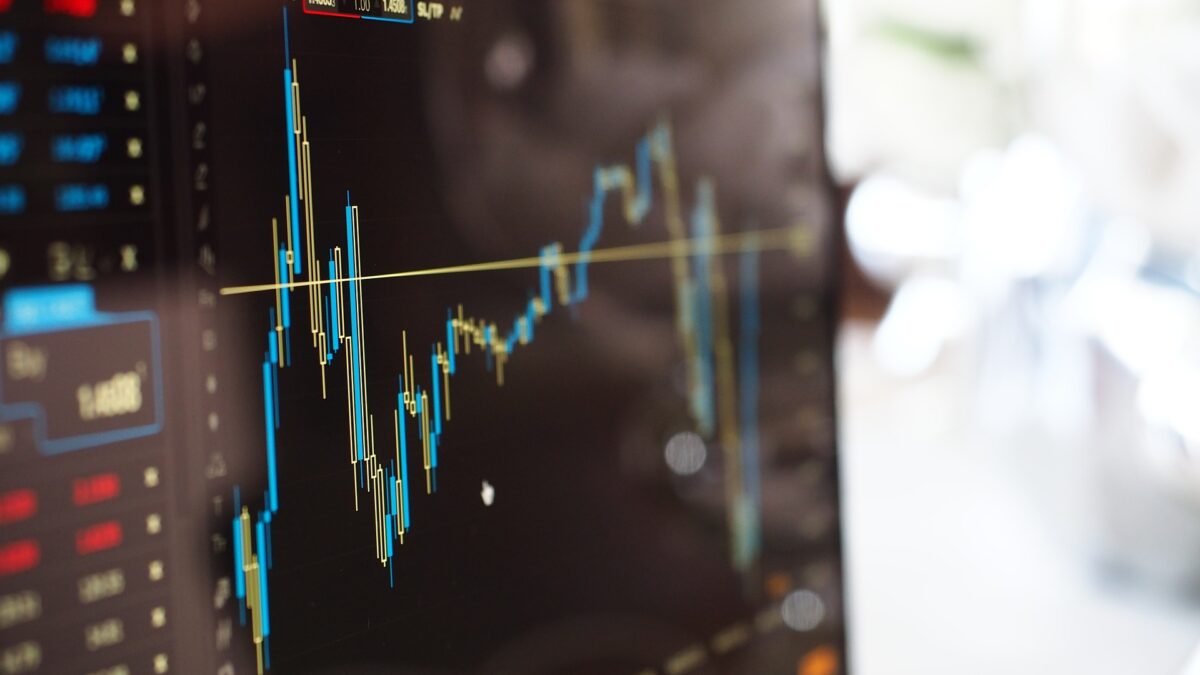
4 Common Misunderstandings About Who’s at Fault After a Car Accident
January 13, 2023
M&A Deals: A Record Fall in 2022, Will It Resurge in 2023?
January 15, 2023Forex remains a multi-billion-dollar industry, and one that currently sees some $6.6 trillion traded globally on a daily basis.
What’s more, in excess of 170 individual currencies are traded regularly during each 24-hour period, with the seven major pairs accounting for 68% of all daily transactions.
But what government agencies and organisation regulated this global marketplace, and which standardised protocols do they offer to ensure transparency and security? Let’s find out.
The Commodity Futures Trading Commission (CTFC)
The CTFC was set up in 1974, and it has overseen the digitisation of the forex market and pronounced growth in terms of daily forex activity.
It works by independently governing the commodity futures and options markets available to retail forex traders, while providing a layer of protection against illegal price manipulation and unethical trading practices.
This, in turn, helps to protect against fraudulent trading activity, particularly in instances where there’s a crossover between forex and cryptocurrencies. With Bitcoin (BTC) and similar first-generation tokens being increasingly integrated into the financial mainstream, the CTFC is becoming more important than ever from a regulatory perspective.
The National Futures Association (NFA) and Other Institutions
In the case of the NFA, this agency rules in the US and compels all operating FX brokers stateside to become members.
This entity subsequently works on behalf of retail traders to safeguard the integrity of the market and protect against malicious price regulation at all times, while regularly reviewing its framework to recommend new FX regulations where required.
In the UK marketplace, the Financial Conduct Authority (FCA) provides independent oversight of the space and its operating traders. The FCA certainly helps inexperienced and retail traders to avoid common online scams, while providing a transparent register of all authorised trading firms in the UK.
This enables retail traders to identify reputable and licensed brokers when buying and selling forex, which is crucial given the various restrictions imposed in nations such as China and India.
The Last Word – A Look at General Protocols
In terms of general and standardised protocols, all participating brokers and platforms must be fully licensed by the relevant authority operating within their jurisdiction, while also committing to periodic and independent audits.
All contracts (such as futures) must also be honoured and adhered to at all times, in compliance with the fair representation legislation that exists in the UK.
Understanding these protocols is key for both traders and brokers alike, with the former able to select licensed and trusted operations that help them to safeguard their capital effectively.





